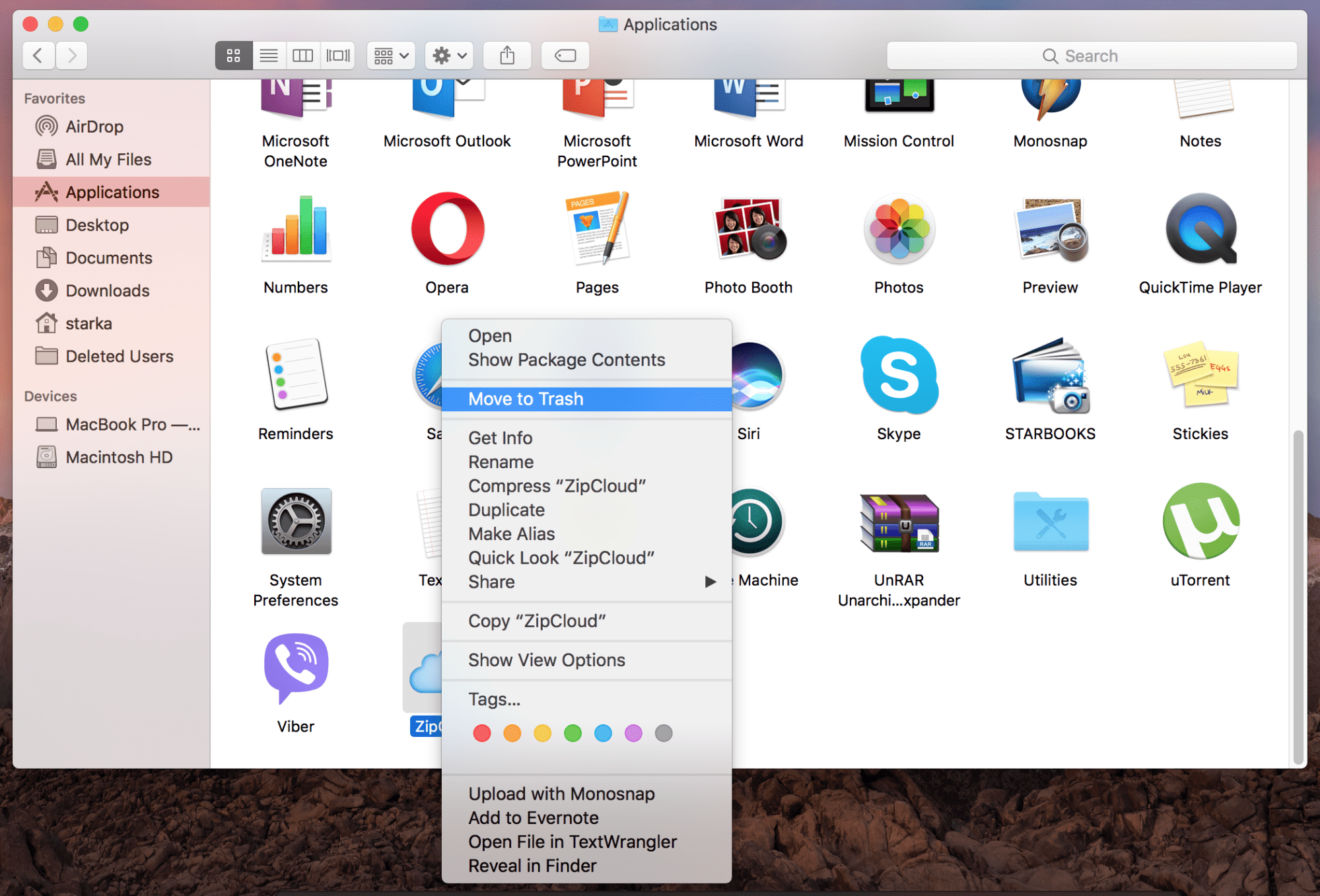
It is one thing for anti-malware utilities to fail to identify or remove the latest malware. Your speculation about versioning issues with AdwareMedic/ Malwarebytes is poor excuse-making-very poor excuse-making.

Any suspicion that I downloaded these utilities from some hinky third-party site is completely and totally unfounded. I downloaded Malwarebytes Anti-Malware for Mac directly from the developer's website.

Although this utility showed me that Spigot has been installed, it left me a nasty surprise. Over the weekend, I made a discovery that has substantially lowered my opinion of MalwareBytes Anti-Malware for Mac and AdwareMedic before it. As unsavory as I found its behavior, I did not want to accuse MalawareBytes of doing something that I was not certain that it did. This was particularly irksome because MalwareBytes is anti-adware and not a general anti-malware utility. I will admit that I did not take kindly to MalwareBytes's fanning the flames of malware hysteria after it entered the Mac market. I do not want to falsely accuse anyone of anything. After emptying the Trash, ZipCloud seems to be gone. However, I did not knowingly download it nor did I knowingly install it. ZipCloud seems to be a legitimate utility. After installing MalwareBytes Anti-Malware for Mac, I noticed that ZipCloud had been installed on my computer. I have been reluctant to publicize what happened next, but I will do so now. After MalwareBytes took over AdwareMedic and changed its name, I downloaded MalwareBytes Anti-Malware for Mac. ĪdwareMedic identified the offending Spigot files, allowing me to remove them.

Having downloaded the Spigot adware engine from c|net's, I was very happy to find AdwareMedic. Almost everything done by OnyX is done automatically by OS X.Ī word about AdwareMedic/ MalwareBytes Anti-Malware for Mac. OnyX is merely wraps a GUI around standard Unix tasks plus a few OS X-specific utilities.

OnyX has absolutely positively nothing at all to do with malware or the identification or removal of malware.


 0 kommentar(er)
0 kommentar(er)
